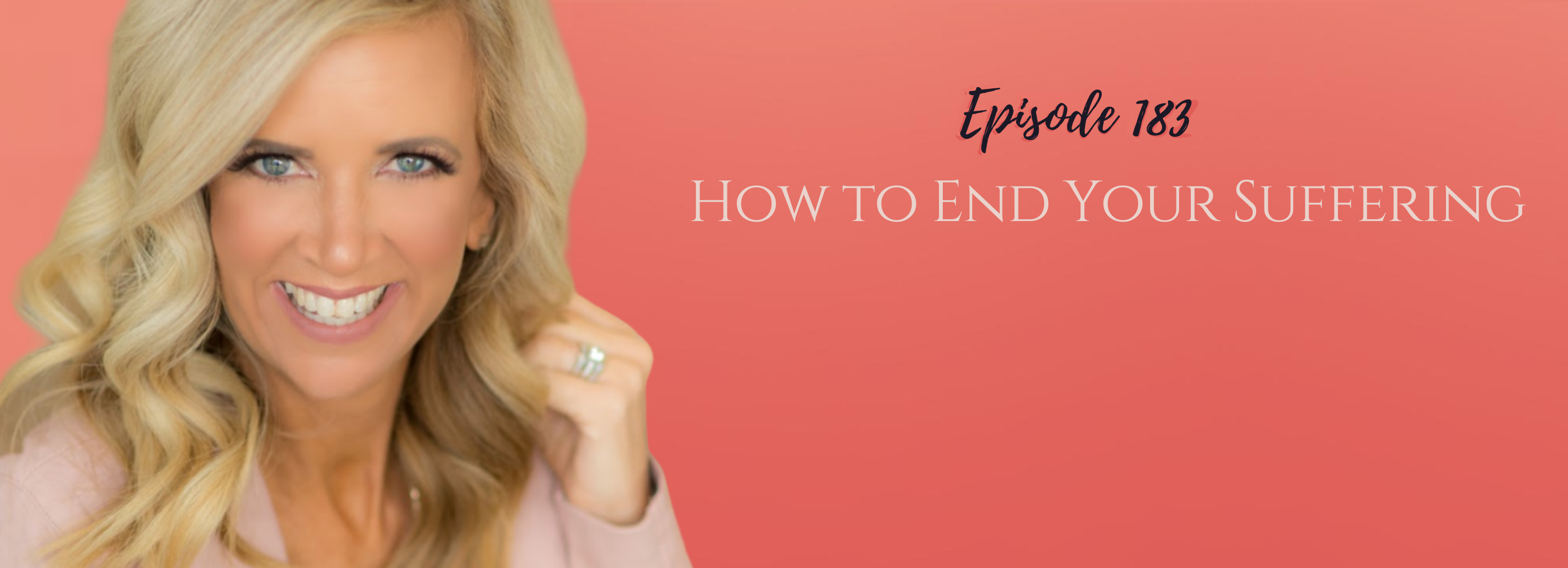
How to end your suffering with Dr. Manoj Krishna | 10.19.2022
In this episode, Kristen talks with Dr. Manoj Krishna, an author and former spine surgeon, about how to end suffering and work through anxiety and pain.
You'll Learn
- How childhood conditioning controls you and how to break free from it
- What aggravates emotional pain and suffering
- The steps towards the journey to wisdom
- How to reduce suffering
Resources
Understanding Me Understanding You
For counseling services near Indianapolis, IN, visit www.pathwaystohealingcounseling.com.
Subscribe and Get a free 5-day journal at www.kristendboice.com/freeresources to begin closing the chapter on what doesn’t serve you and open the door to the real you.
This information is being provided to you for educational and informational purposes only. It is being provided to you to educate you about ideas on stress management and as a self-help tool for your own use. It is not psychotherapy/counseling in any form.
[fusebox_transcript]